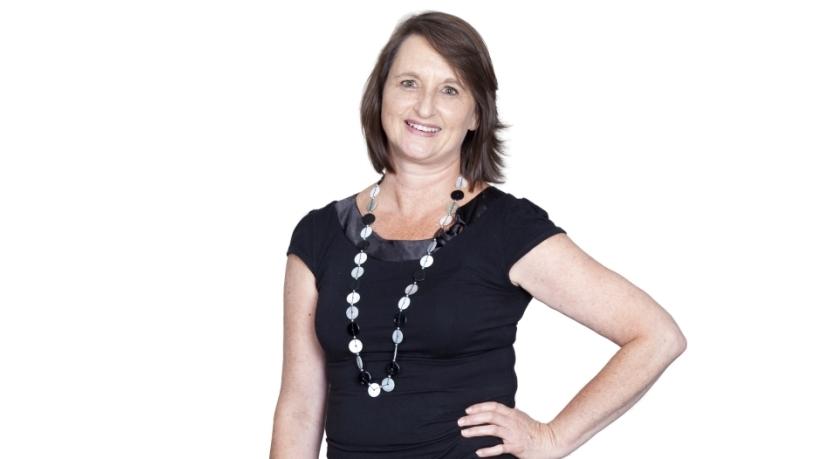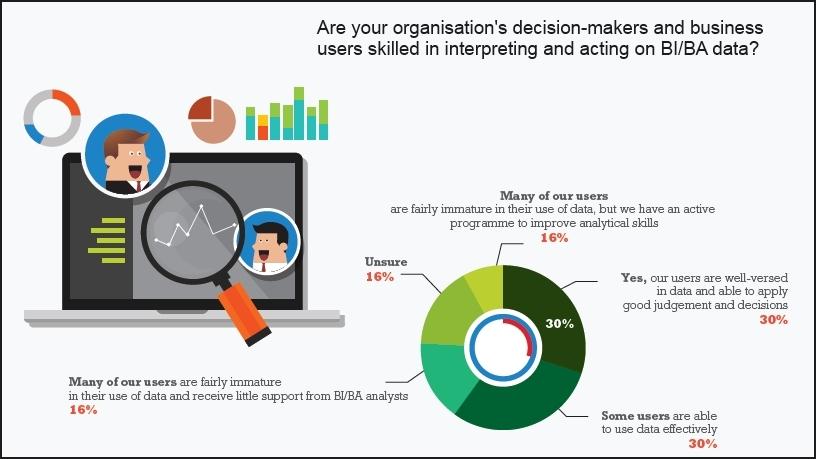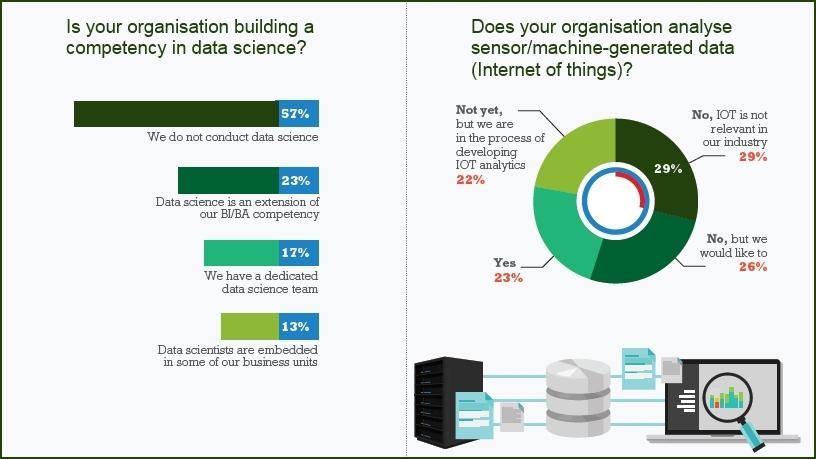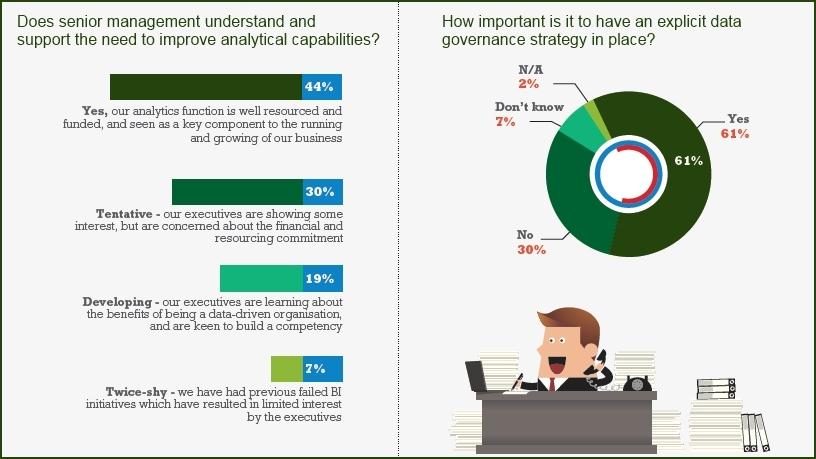
There are many factors that can complicate the conversion of data into accurate and reliable information. Business intelligence (BI) is evolving into much more than its elementary definition, as it faces a new wave of data analytics due to the impact of the Internet of Things (IOT).
In a recent ITWeb survey, in partnership with Synergy, 23% of the participating businesses stated that they do analyses sensor or machine-generated data, while 29% said they don't 'because IOT is not relevant in their industry'.
However, 26% of respondents indicated though they do not analyse machine generated data (IOT), they would like to in the future and 22% stated they are in the process of developing IOT analytics.
"It is to be expected that IOT is not immediately apparent in many industries, but as companies start tracking, measuring and analysing the movement of goods and services, it will lead to the need for more attention in the IOT space," says Gillian Staniland, data strategist at Synergy.
Data value realised
A third of respondents do not have an explicit data governance strategy dealing with concepts such as data ownership, curatorship, security and quality in place. However 61% of respondents cited the importance of this strategy and indicated their organisation has a BI strategy in place.
A data governance strategy ensures that data is treated and valued as a true asset, comments Staniland. "Without proper care and governance, it becomes very difficult for an organisation to trust data, understand what is available, and how best to monetise this asset in the future."
Data scientist shortage in SA
A small percentage of respondents (17%) indicated their organisation does have a dedicated data science team and 23% said data science is an extension of their BI/BA capability.
Staniland believes there is a great shortage of not only data scientists in South Africa, but also good business analysts. "While there are good training and education opportunities to learn technical skills, the ability to interpret, analyse and derive relevant business impact from data remains an elusive trait in South Africa."
Asked if they use business terms and calculations (metadata) consistently across their business, 43% of respondents said their use is partial and they do have a manually documented business glossary which aids in understanding and standardisation.
"Metadata - data about data - by its very nature is the core to ensuring a good understanding of the source, meaning and usage of the data we generate," says Staniland. "Often this 'metadata' is actually tacit knowledge gained by an individual through years of experience. The better this knowledge is formalised and shared, the easier it is for others to use and share."
Key component to successful business
Support and understanding of the management team is key to improving a company's analytical capabilities.
"A BI team alone cannot drive this change, and ongoing executive support is essential in moving past the numbers to taking action," says Staniland. "Also, senior management involvement helps guide the BI team to source, clean and analyse the right data, helping to align BI projects with current business objectives."
This survey revealed that 44% of respondents believe their analytics function is well resourced and funded and seen as a key component to the running and growing of their business. A further 50% report that the management is either showing some interest or learning about the benefits of being a data-driven organisation.
Access to data insatiable
A large majority of respondents (76%) stated they are interested in further assessing and developing their current analytics ecosystem.
Staniland noted that the need by business to have access to more and more data is insatiable. "Data volumes, speed of delivery, technical complexities and advancements in natural language processing, machine learning and AI all point to a capability that cannot stay static for long. An annual review and flexibility with a touch of ambiguity are the only way stay ahead," she concluded.
About the survey
The 2017 Business Intelligence Survey was run online on ITWeb for a period of two weeks in June to gain insight into the business intelligence strategies of SA organisations.
Who responded
* A total of 140 responses were received for the Business Intelligence Survey.
* 20% of respondents are CEOs or MDs and 35% middle management.
* 29% of respondents are from large companies with between 501-5000 employees and 17% are from multinationals with over 10 000 employees.




Share